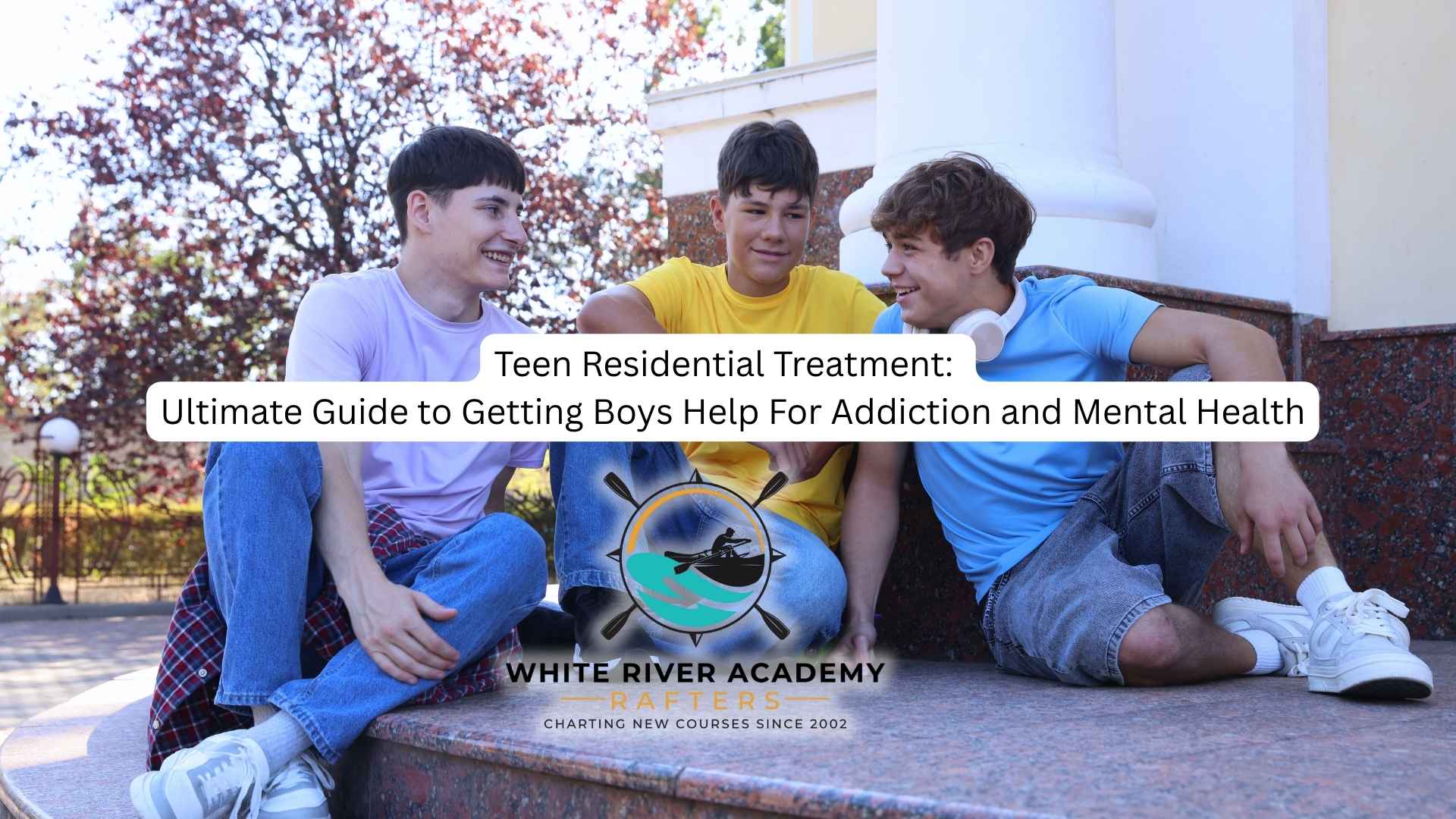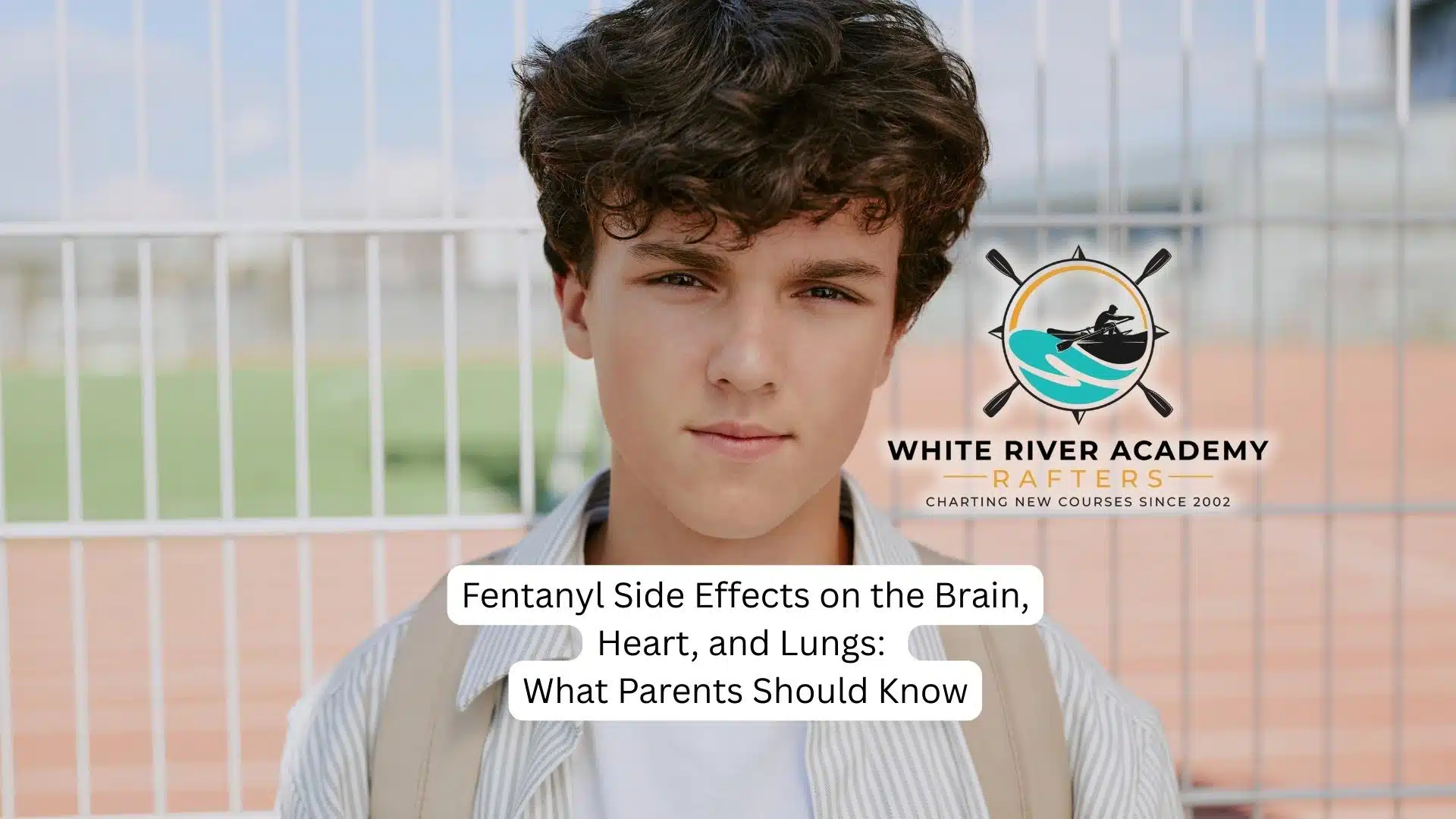The internet is deeply woven into everyday life, shaping how teens learn, connect, and spend their free time. While online platforms provide valuable resources, excessive use can harm mental health, relationships, and academic performance. Parents often struggle to distinguish between normal online activity and problematic behavior.
This article explores how to recognize signs of internet addiction in youngsters and outlines effective strategies to support healthier technology use, address underlying concerns, and seek appropriate treatment when necessary.
Understanding Internet Addiction in Teens
Internet addiction refers to compulsive and uncontrollable use of online platforms such as gaming, social media, and endless browsing. For adolescents, this behavior can disrupt school performance, interfere with family dynamics, and even reduce overall well-being. Warning signs include irritability when not connected, noticeable declines in grades, loss of interest in offline activities, and withdrawal from face-to-face relationships.
Unlike casual screen time, internet addiction involves dependency that impacts daily functioning. Recognizing this difference is an essential first step in providing help. Families may benefit from seeking guidance through an internet addiction program that offers structured support and treatment.
Why Teens Are Vulnerable to Internet Overuse
Teenagers are especially susceptible to internet overuse due to their developmental stage. Adolescence is marked by a strong desire for peer approval, identity exploration, and independence, all of which are reinforced by online spaces. Social media platforms are designed with reward systems such as likes, comments, and notifications that trigger dopamine responses, making them hard to resist.
Online gaming often includes competitive features, reward systems, and constant updates, drawing them back repeatedly. Common causes of gaming addiction include the desire for achievement, escape from stress, and social validation within online communities. For many, stress from schoolwork, family conflict, or social pressure increases reliance on digital escapes, turning the internet into a coping mechanism rather than just entertainment.
Practical Steps Parents Can Take to Support Balance
Parents play an essential role in guiding their teenager toward balanced technology use. Setting clear household guidelines, such as limiting screen time before bed or keeping devices out of bedrooms, can help regulate usage. Creating tech-free spaces during meals encourages face-to-face conversation and connection. Beyond rules, offering alternatives is critical. Encouraging hobbies like sports, art, music, or volunteering helps adolescents develop skills and confidence outside the digital world.
Communication is equally important. Rather than reacting with punishment, parents should engage in open and honest conversations about online habits. Asking questions and showing empathy helps your child feel understood, making them more likely to respond positively to changes. Modeling healthy digital behavior as parents, such as limiting personal phone use during family time, reinforces the importance of balance.

Addressing Underlying Emotional and Social Issues
Excessive internet use often signals deeper concerns. Many teens turn to online platforms to escape feelings of loneliness, anxiety, or depression. Others may struggle with bullying, academic challenges, or self-esteem issues, finding temporary relief in the digital world. Addressing these root causes is critical to breaking dependency. Parents can support their kids in using social media by encouraging open discussions about emotions and seeking professional counseling when necessary.
Therapists can help adolescents develop coping strategies that reduce reliance on screens. Group sessions with peers facing similar challenges also create a sense of belonging outside of online communities. Early intervention ensures that they are equipped with tools to manage stress, build self-confidence, and form healthier routines that support long-term well-being.
Professional Treatment Options for Teens
When home strategies are not enough, specialized treatment programs can provide more structured support. Professional technology addiction treatment programs typically combine individual therapy, family counseling, and skill-building activities to address internet addiction comprehensively. Teens learn to recognize triggers, develop resilience, and set boundaries for technology use.
Family involvement is often a central part of treatment, ensuring parents understand the challenges their child faces and learn strategies to reinforce progress at home. Treatment programs may address co-occurring issues such as depression, anxiety, or substance use, offering a holistic approach to healing. With guidance from trained professionals, they have the opportunity to restore balance in their lives and build healthier relationships with technology.
Final Thoughts from White River Academy
Helping a teenager overcome internet addiction requires patience, consistency, and an understanding of how digital habits affect developing minds. Through setting boundaries, encouraging offline activities, and addressing emotional concerns, parents can guide their kids toward healthier routines and more meaningful connections.
At White River Academy, we specialize in evidence-based internet addiction treatment programs in Utah tailored to the needs of adolescent boys. Our approach integrates therapeutic support, family involvement, and life skills training to help them rebuild confidence and develop lasting strategies for balanced living. With the right environment and structured guidance, young people can regain control, strengthen resilience, and move forward with a healthier relationship to technology.




